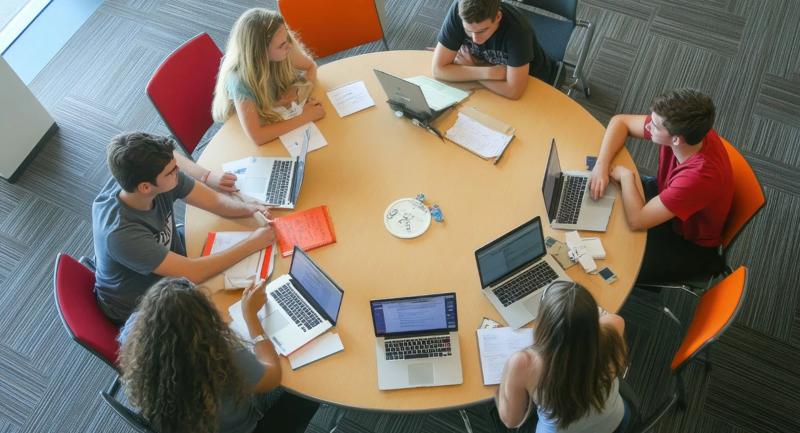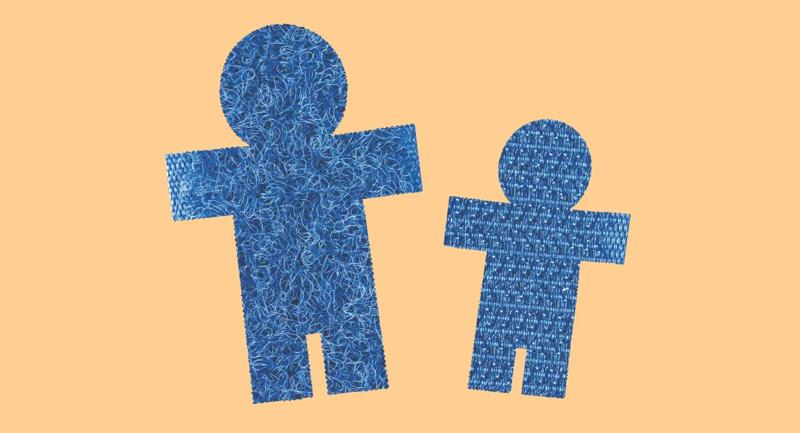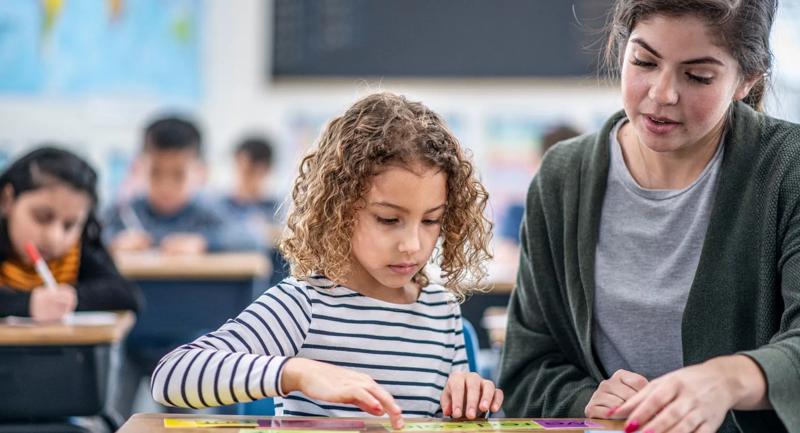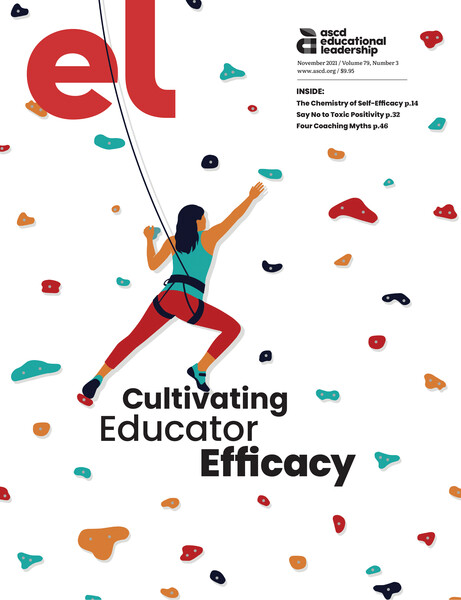Our schools are generally prepared to differentiate for student learning, but we less often think of differentiating in terms of the support teachers need. But we should—especially when it comes to the newest group of educators entering the profession: Generation Z.
Gen Z-ers (AKA "digital natives") are commonly identified as people born between 1995 and 2012. They grew up in a world in which the internet and social media were ubiquitous and September 11 and global warming were formative realities. Gen-Z individuals tend to be tech-savvy, innovative, individualistic, risk-averse, and pragmatic. Gen-Z teachers may have more in common with their students than with many colleagues in their school community.
Developing novice Gen-Z teachers' efficacy by understanding their specific traits and expectations will create conditions that help them succeed and stay in teaching—and lead to better generational synergy. Here are some ways I encourage my Gen-Z colleagues:
1. Scaffold Team-Building
What we understand about teambuilding and collegiality varies depending on our generation, and Gen Z-ers are no different. They grew up in a time of personalization and digital resources, so they didn't always need an adult around to learn—which has increased their tendencies as solo players. They may not always check to see how well their tasks or priorities match the collective goal. Using checklists can encourage a more holistic mindset. For instance, for parent-teacher meetings, you might as a grade-level team create a list of necessary tasks to divide up—how you're going to share information, how you're going to invite parents, etc.—and note who will be in charge of each task. This builds in a cross-checking system with clear team objectives that show how individual contributions add to the whole.
2. Encourage a "Plan B"
During childhood, many Gen-Z teachers were subject to parental overprotection, which limited risk taking and protected them from failure. To develop their confidence and flexibility to face challenges, it's key to help these teachers think of alternate plans if something fails. I provide an extra column in planning documents and encourage them to imagine (common) worst-case scenarios, or the "What Ifs": What if students don't bring their materials? (I'd use PowerPoint.) What if there's no electricity? (I'll take them outside.) What if it's raining? etc. When teachers become familiar with thinking regularly about the possibility of failure, they get used to developing "Plan B" strategies. Encouraging this thinking with a formal tool will normalize it and develop teachers' capacity to respond to new dilemmas without jumping ship.
3. Embrace the "Digital Native" Mindset
Many Gen-Z teachers are inseparable from technology. When professional development addresses them in both digital and more traditional formats, it works wonders. For members of the TLDR (too long, didn't read) generation, use visuals in addition to written materials, to accommodate their preferences for quicker information. Try welcoming teachers with a series of two- to five-minute video tutorials (such as Tik-Toks) presenting expectations and guidance on tasks.
4. Stay Positive
Gen-Z teachers are beginning their careers amid the COVID-19 pandemic. We can't predict what's going to happen to teachers being trained under these conditions, but one study in Australia underscores that this generation has faced a bigger financial and emotional impact early in their lives than previous ones. Young teachers may quit for a small difference in salary or need extra emotional support for the many problems we face. Though we shouldn't make light of their challenges, we should never underestimate the power of a positive vision. Remind teachers to celebrate their small wins and flexible mindset—it's OK to forget the results for a minute. Take time to publicly honor the positive achievements of their work and what they have been able to do. A sense of humor is also helpful. I walk around our school with emojis on a stick to show the feelings behind my face mask.
Developing intergenerational awareness is imperative for all educators. The more we help Gen-Z teachers to become their best, the more we will be doing for our students.







